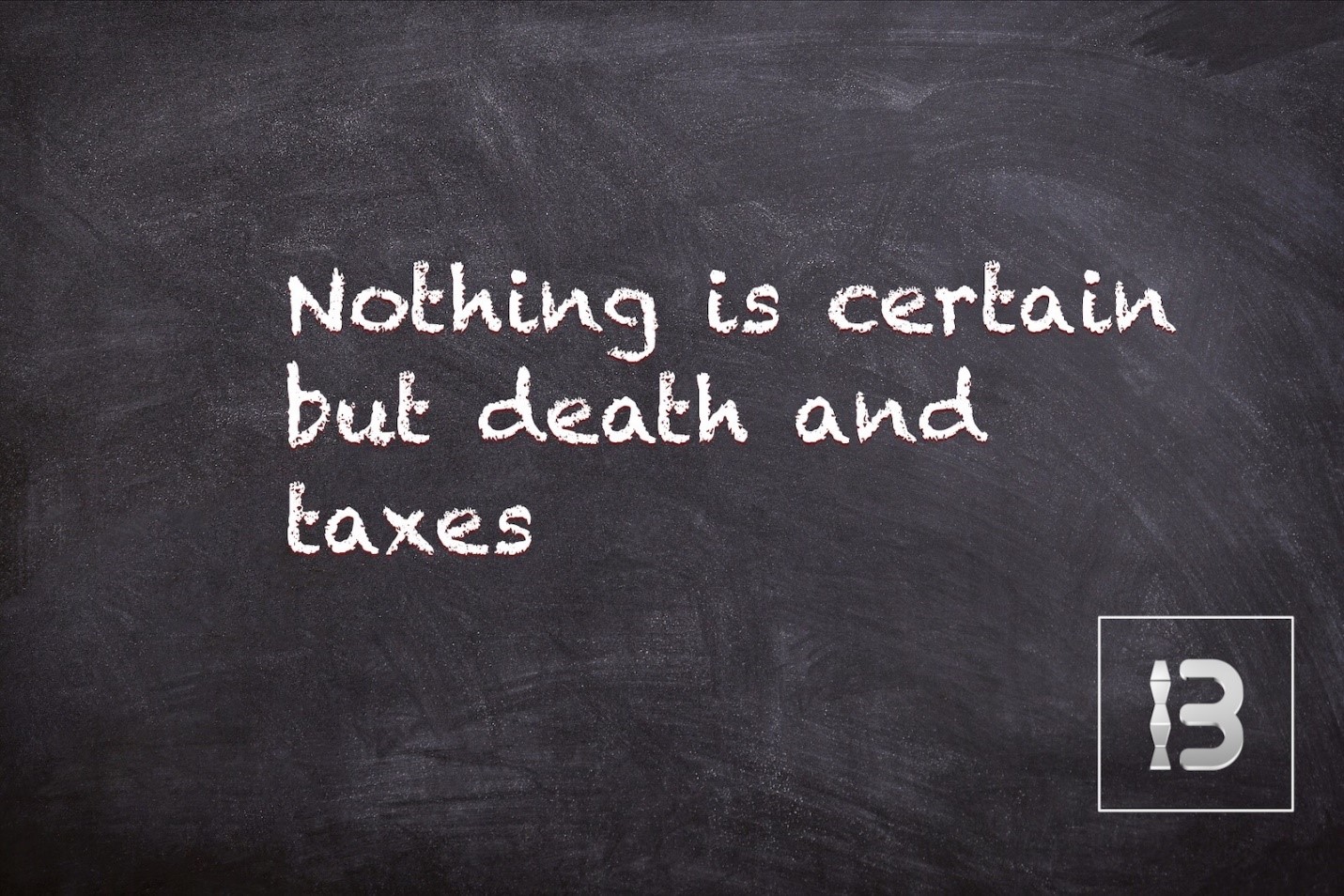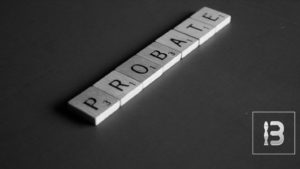
Three Things You Need to Know About Taxes At Death
1. There is no inheritance or death tax in Canada
In Canada, there is no inheritance or death tax levied on the beneficiaries; the estate pays any tax that is owed to the government. If you are the beneficiary of money or assets through an estate, you inherit the money tax-free, i.e. the tax has already been paid by the estate. You do not have to add inheritance to your income tax return.
2. There are estate taxes payable on death
The key taxes payable on death in Ontario by the estate are:
- Estate Administration Tax (i.e. Probate Fees): While there is no “death tax” in Ontario, your estate will have to pay an “Estate Administration Tax” (i.e. Probate Fee) to the Ministry of Finance. This tax is calculated based on the total value of all assets owned by the deceased at the time of death that will go through the probate process in court. This tax is about 1.5% of the value of the estate.
- Income taxes due for the year of death: These are the personal income taxes of the deceased.
- Income taxes for any trusts (i.e. the estate from the time of death until distribution): These are income taxes payable on income earned by the estate.
- Tax on Capital Gains: You are deemed to dispose of all capital property at death. Your estate must cover the tax on any capital gains.
- Tax on Tax-Shelter Savings plans: Registered plans such as RRSPs and RRIFs can be transferred tax-free to your spouse’s plan. If you do not have a spouse, these savings are fully taxable at your death.
3. You can avoid paying the “death” taxes
You can avoid paying taxes on death by arranging your finances and property with the help of an estate lawyer.

Leave A Valid Will
That probably means setting up a meeting with a lawyer.
Without a will, the courts decide who gets what according to the laws in the Province of Ontario, rather than according to your wishes. This can be a more complicated process, with higher legal fees and the potential for costly legal disputes.
Designate A Beneficiary
When you buy life insurance or open an RRSP, you can name a beneficiary to receive the money when you die. This means the money bypasses the estate process and is paid directly to the beneficiary. Because it does not form part of your estate, the money is not subject to probate fees and there is no delay in your beneficiaries receiving the money.
Jointly Own Property
Holding assets jointly with another person is another strategy for reducing probate fees. Joint assets pass automatically to the surviving joint owner and are generally not considered part of your estate and subject to probate fees. Married couples’ titles to homes, bank accounts, and other financial assets are often held this way.
Plan and Prepay Your Funeral
Planning and prepaying your funeral remove a major expense that your family or estate must cover upon your death. When you prepay, the money goes into a trust account or insurance fund until your funeral. This way you control your costs as you choose the type of funeral you want in advance. You will also save your family from the difficult job of making decisions during a time of sorrow.
Buy Permanent Life Insurance
Life insurance proceeds can be paid to your estate to cover estate costs or left directly to a beneficiary to provide additional amounts to a specific person. These proceeds are paid tax-free.
You can also consider a permanent insurance policy for estate planning purposes which covers you for life, no matter how long you might live. Term insurance does not.
Multiple Wills
Another planning technique involves the use of “multiple wills.”
As part of this arrangement, the lawyer will prepare two wills: a primary and a secondary will. In the primary will, the testator deals with all his or her assets other than shares of private family corporations, loans, or other amounts receivable from those corporations, and other assets for which probate is generally not required. These specific assets are dealt with in a secondary will. However, the lawyer drafting the wills must ensure that one Will does not accidentally revoke the other Will and that the Will for probate meets provincial requirements.

